Best movies like World War Three
A unique, carefully handpicked, selection of the best movies like World War Three Starring Boris Leskin, Klaus Schleiff, Boris Sichkin, Gunter Walch, and more. If you liked World War Three then you may also like: The Wall, War Book, The War Game, Why We Fight, Rabbit à la Berlin and many more popular movies featured on this list. You can further filter the list even more or get a random selection from the list of similar movies, to make your selection even easier.
This mock documentary uses archival footage, interviews and reports taken out of context and staged interviews to highlight a possible escalation into a nuclear war. In this feature, tension in East Germany, and an uprising triggered by a visit by Gorbachev sees a successful military coup taking place in the USSR. Western actions against brutal crack-downs on civilians involved increases tension between the sides, finally resulting in nuclear war.
You may filter the list of movies on this page for a more refined, personalized selection of movies.
Still not sure what to watch click the recommend buttun below to get a movie recommendation selected from all the movies on this list
The War Game
A docudrama depicting a hypothetical nuclear attack on Britain. After backing the film's development, the BBC refused to air it, publicly stating "the effect of the film has been judged by the BBC to be too horrifying for the medium of broadcasting." It debuted in theaters in 1966 and went on to great acclaim, but remained unseen on British television until 1985.
Why We Fight
Is American foreign policy dominated by the idea of military supremacy? Has the military become too important in American life? Jarecki's shrewd and intelligent polemic would seem to give an affirmative answer to each of these questions.
Rabbit à la Berlin
The untold story about wild rabbits which lived between the Berlin Walls. For 28 years Death Zone was their safest home. Full of grass, no predators, guards protecting them from human disturbance. They were closed but happy. When their population grew up to thousands, guards started to remove them. But rabbits survived and stayed there. Unfortunately one day the wall fell down. Rabbits had to abandon comfortable system. They moved to West Berlin and have been living there in a few colonies since then. They are still learning how to live in the free world, same as we - the citizens of Eastern Europe.
Countdown to Looking Glass
A fictional confrontation between the United States and the Soviet Union over the Strait of Hormuz, the gateway to the Persian Gulf. The narrative of the film details the events that lead up to the initial exchange of nuclear weapons from the perspective of an on-going news broadcast.
Czechoslovakia 1968
Short documentary about 50 years of history of Czechoslovakia, with archive images.
Duck and Cover
An instructional short aimed at school-aged children of the early 1950s that combines animation and live-action footage with voice-over narration to explain what to do to increase their chances of surviving the blast from an atomic bomb.
Fatherland
Persona Non Grata in his homeland, protest singer Klaus Drittemann must leave East Berlin, his wife and child and emigrate to West Berlin, where the representatives of an American record company are eagerly waiting for him. They plan to exploit his defection from communism both ideologically and financially. But Klaus, as ill-at-ease in the West as he was in the East, is reluctant to be used as an expendable commodity. Leaving his contract unsigned (or signed in his manner), he leaves for Cambridge to meet his father, a concert player, who -just like him - left East Berlin thirty years ago as Klaus was a little boy. He is accompanied by a young French journalist, Emma, who knows where his father has been living since he disappeared for more than a decade. The young lady is cooperative but might hide things from him...
The Fog of War
Using archival footage, cabinet conversation recordings, and an interview of the 85-year-old Robert McNamara, The Fog of War depicts his life, from working as a WWII whiz-kid military officer, to being the Ford Motor Company's president, to managing the Vietnam War as defense secretary for presidents Kennedy and Johnson.
The Autobiography of Nicolae Ceausescu
The three-hour-long documentary covers 25 years in the life of Nicolae Ceaușescu and was made using 1,000 hours of original footage from the National Archives of Romania.
The Life and Times of Rosie the Riveter
Documentary about women's experiences of labour, in factories, mines and dockyards, in the USA during the second World War and how it affected their work and career aspirations once they were encouraged to give up such employment in peacetime.
The Day After
In the mid-1980s, the U.S. is poised on the brink of nuclear war. This shadow looms over the residents of a small town in Kansas as they continue their daily lives. Dr. Russell Oakes maintains his busy schedule at the hospital, Denise Dahlberg prepares for her upcoming wedding, and Stephen Klein is deep in his graduate studies. When the unthinkable happens and the bombs come down, the town's residents are thrust into the horrors of nuclear winter.
The Looking Glass War
When a Polish sailor jumps ship in Britain, a couple of local intelligence operatives keep him under surveillance. Soon, he’s recruited to infiltrate a missile installation outside of East Berlin and bring back photos of the new rockets.
Balloon
Two families attempt a daredevil plan to escape the GDR with a homemade hot air balloon, but it crashes just before the border. The Stasi finds traces of this attempt to escape and immediately starts investigations, while the two families are forced to build a new escape balloon. With each passing day the Stasi is closer on their heels – a nerve-wracking race against time begins.
My Perestroika
Tells the story of five people from the last generation of Soviet children who were brought up behind the Iron Curtain. Just coming of age when the USSR collapsed, they witnessed the world of their childhood crumble and change beyond recognition. Through the lives of these former schoolmates, this intimate film reveals how they have adjusted to their post-Soviet reality in today's Moscow.
Beloved Berlin Wall
Berlin, 1989. Sascha is a young East German border guard and Franzi is a lively young West German woman who's just moved into a flat next to Sascha's watchtower at the Berlin Wall. It takes only a slight mishap and a selfless act of chivalry and the two fall in love. But soon the Stasi believes they are witnessing the start of a revolt. This is the time of mass protests and East Germans taking refuge in the West German embassy in Prague after all. Franzi and Sascha have to find their ways to stand up for their love and strive for the impossible; to bring down the wall.
The Man Who Saved the World
The Man Who Saved the World is a feature documentary film about Stanislav Petrov, a former lieutenant colonel of the Soviet Air Defence Forces.
By Dawn's Early Light
A nuclear warhead launched by Soviet insurgents protesting the waning Cold War destroys the Ukrainian city of Donetsk. The destruction sets off a race between American and Soviet politicians to prevent a nuclear holocaust. While the U.S. president feverishly works to keep the military and political machine from going into overdrive, various subordinates panic. When the president is believed to be killed in a helicopter crash, zealous advisers take over.
Alternative 3
Purporting to be an investigation into the UK's contemporary "brain drain", Alternative 3 uncovered a plan to make the Moon and Mars habitable in the event of climate change and a terminal environmental catastrophe on Earth.
The Russian Woodpecker
As his country is gripped by revolution and war, a Ukrainian victim of the Chernobyl nuclear disaster discovers a dark secret and must decide whether to risk his life and play his part in the revolution by revealing it.
Special Bulletin
A TV reporter and cameraman are taken hostage on a tugboat while covering a workers strike. The demands of the hostage-takers are to collect all the nuclear detonators in the Charleston, SC area so they may be detonated at sea. They threaten to detonate a nuclear device of their own of their demand isnt met.
Russendisko
Three young Russian friends, who move from Moscow to Berlin in a lucky wave of emigration right after the fall of the Berlin wall. They take their chance looking for a better life and find themselves involved in the tales of everyday lunacy on the streets of Berlin and its spirit of the early nineties.
First Strike
Dramatization of a devastating nuclear strike against the United States by the Soviet Union, followed by interviews with analysts and military figures. Produced by the United States Air Force.
1983: The Brink of Apocalypse
This programme recalls the events that led up to one of the most dangerous moments in the entire history of the Cold War: a NATO command post exercise, code named Able Archer 83, which caused the USSR to believe that NATO was planning a genuine nuclear attack.
Hasselhoff vs. The Berlin Wall
David Hasselhoff, better known for his roles in “Knight Rider” and “Baywatch” released a song titled, “Looking for Freedom” the year before the Berlin Wall came down. He performed it on top of the Berlin Wall to a million people during the biggest New Year's Eve party Germany had ever seen. Twenty five years later, David revisits the now-reunited capital, investigating what is left of the Wall, and explores what it meant in the context of the Cold War dividing Communism in the East from democracy in the West. Along his journey he meets extraordinary people who dreamt of freedom and risked their lives trying to overcome the dreaded Berlin Wall.
Reunification in the Ice: The Story of the Last GDR Antarctic Explorers
In 1989, thirteen GDR scientists and technicians set off from East Berlin to the Georg Forster research station in the Antarctic. During their expedition the Berlin Wall fell on November 9th. Cut off from the images that go around the world, the men can only experience the historical events passively. When they returned in the spring of 1991, their homeland was a foreign country. The documentary reconstructs the thoughts and feelings of the East German researchers on the basis of eyewitness accounts, diary excerpts, letters, film material, grandiose landscape shots from the location of the action and unique photos to make the consequences of the events tens of thousands of kilometers away on the small GDR expedition in the middle of the eternal ice tangible.
Berlin Tunnel 21
In Berlin in 1961, an American soldier and a German engineer join forces to build a tunnel under the Berlin Wall in order to smuggle out refugees, including the soldier's East German girlfriend.
Westler
Felix from West-Berlin falls in love with Thomas in East-Berlin. At first they keep their relationship going by regular visits from Felix, but the curfew forces him to return every evening. When the East-German authorities become suspicious, Thomas decides to try and flee to the West.
Dear Fatherland Be at Peace
1964 in Berlin, not long after the raise of the wall that separated the city: ex-prisoner Bruno is chosen by the eastern secret agency to be sent west with a special order. However as soon as he's crossed the border, he reports to the police. He claims his order was to kidnap someone, but he doesn't know who yet. He's forced to continue feignedly. However the east agents don't really trust him and play a double game...
White Light/Black Rain: The Destruction of Hiroshima and Nagasaki
Steven Okazaki presents a deeply moving look at the painful legacy of the first -- and hopefully last -- uses of nuclear weapons in war. Featuring interviews with fourteen atomic bomb survivors - many who have never spoken publicly before - and four Americans intimately involved in the bombings, White Light/Black Rain provides a detailed exploration of the bombings and their aftermath.





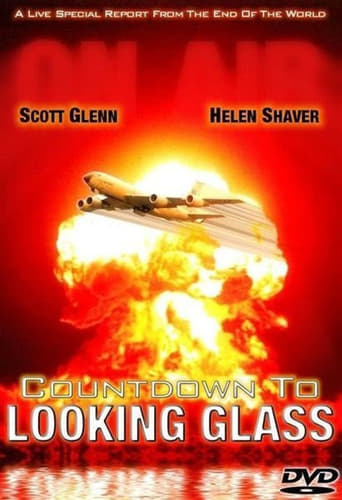







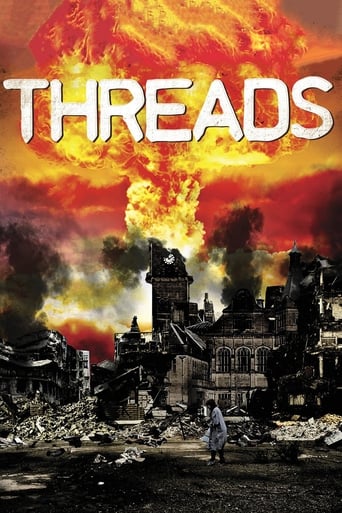

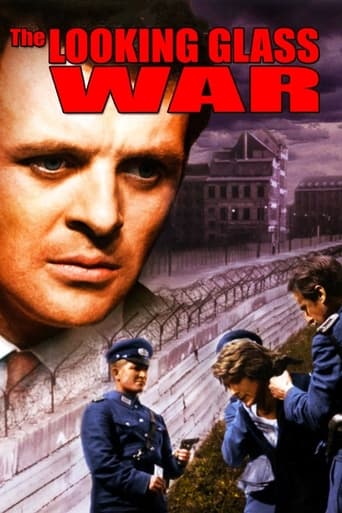
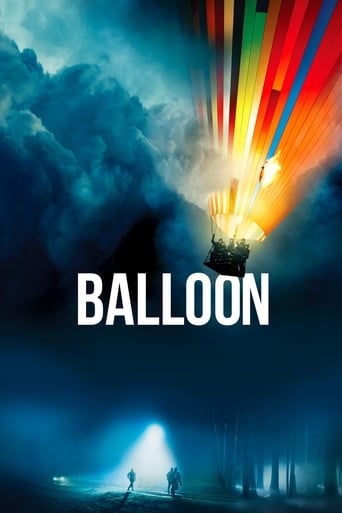



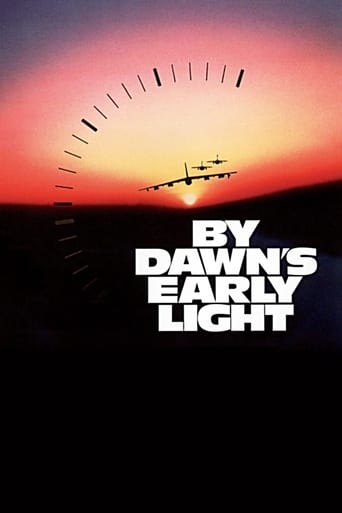

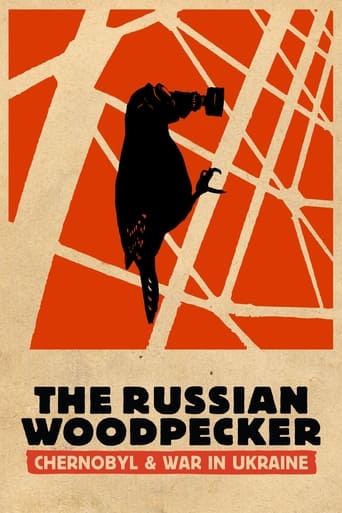
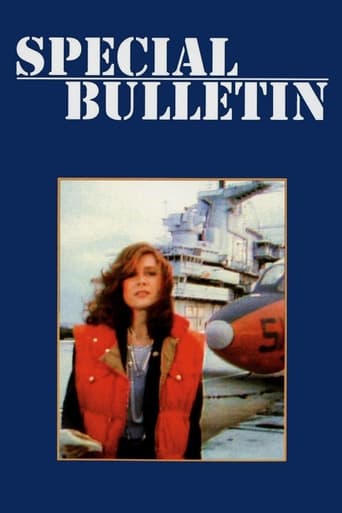
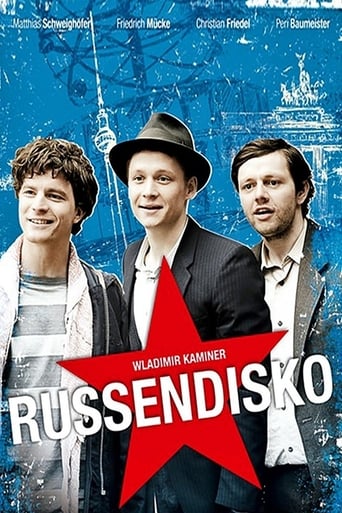





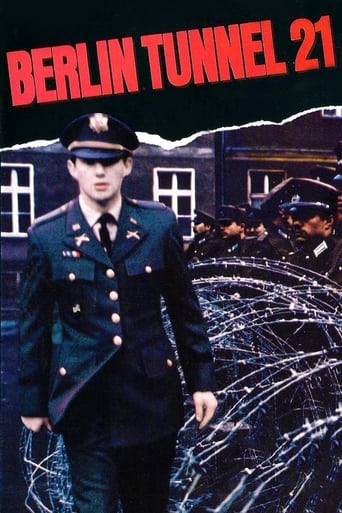
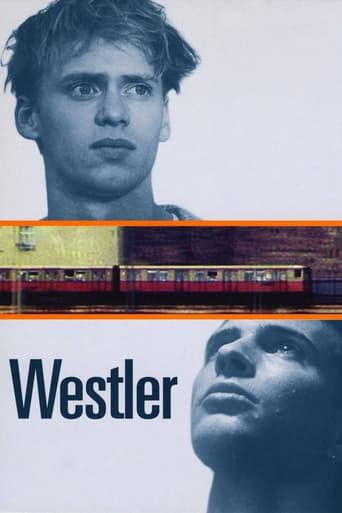

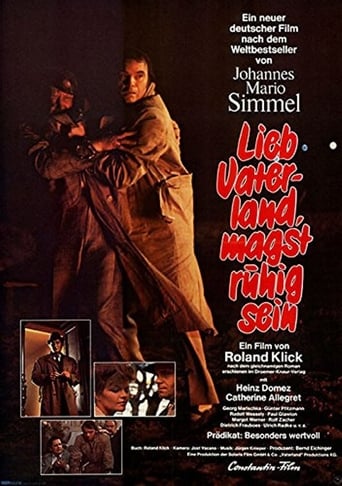
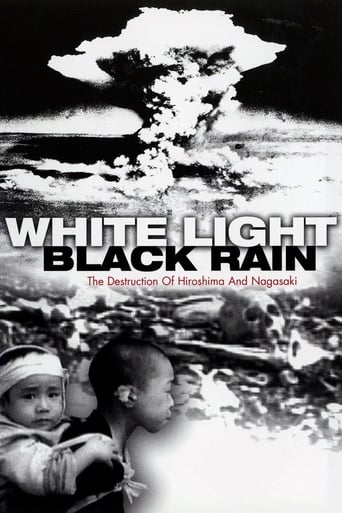

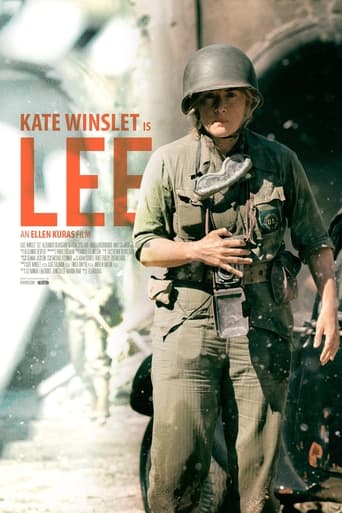
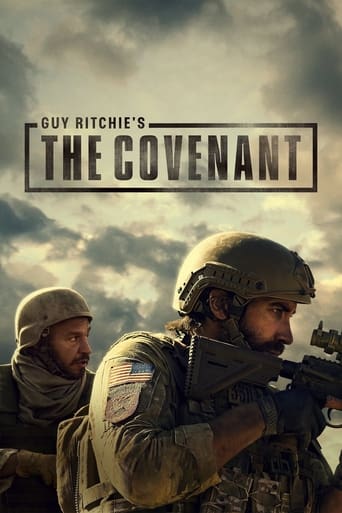
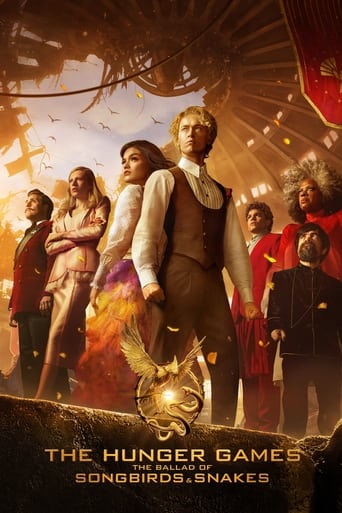
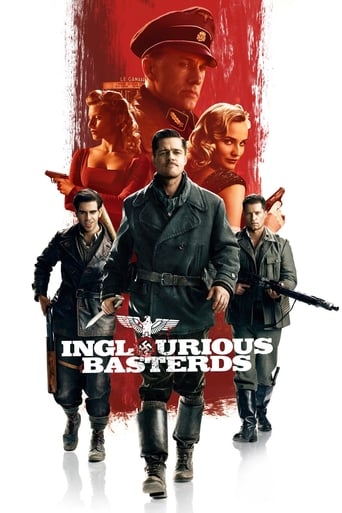


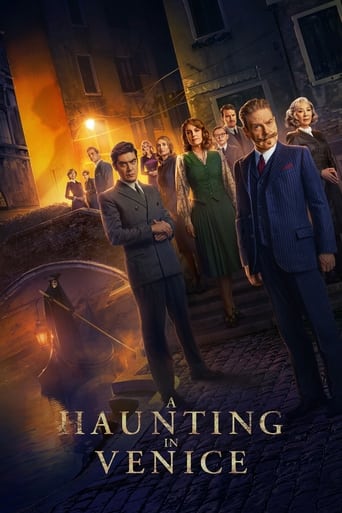
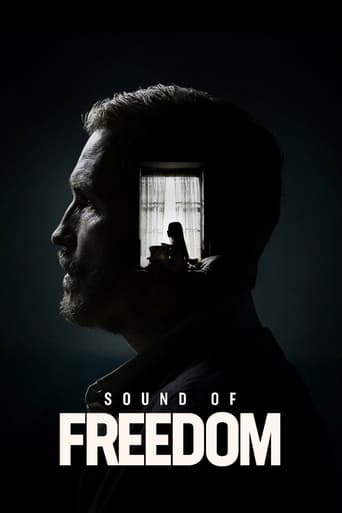
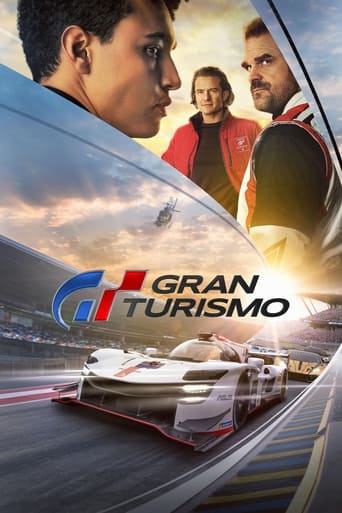
The Wall
Like the best USIA films, The Wall distills political events into an emotionally clear and compelling ideological "story". In 1962 Walter de Hoog gathered footage from U.S. and German newsreel sources and crafted this taut short film about the first year of the Berlin Wall. Straightforward, keenly balanced narration portrays Berliners as "accepting the wall but never resigned to it". The extraordinary footage of the first escapes was propaganda enough-- His challenge was to make the politics human.